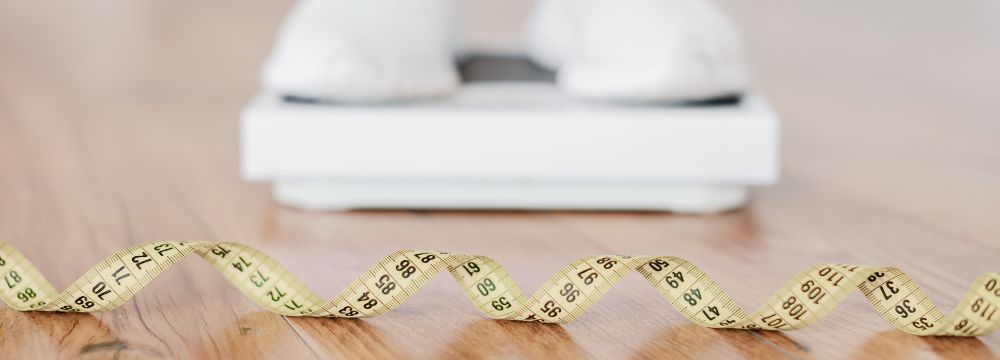
Updates and articles about After Weight Loss Surgery

 Why Am I Bruising More Easily After Bariatric Surgery?
Why Am I Bruising More Easily After Bariatric Surgery?
 Is There an Ideal Body Mass Index After Bariatric Surgery?
Is There an Ideal Body Mass Index After Bariatric Surgery?
 What To Expect Immediately After Your Bariatric Surgery
What To Expect Immediately After Your Bariatric Surgery
 Taste Changes After Your Bariatric Procedure
Taste Changes After Your Bariatric Procedure
 What Will My Body Look Like After Bariatric Surgery or Medical Weight Loss?
What Will My Body Look Like After Bariatric Surgery or Medical Weight Loss?
 How You Know You Need a Revision or Conversion
How You Know You Need a Revision or Conversion
 The Right Way to Use Your Scale After Bariatric Surgery
The Right Way to Use Your Scale After Bariatric Surgery
 Are Green Powder Drinks Good for Bariatric Patients
Are Green Powder Drinks Good for Bariatric Patients
 Why You’re Probably Consuming More Calories Than You Think and Need
Why You’re Probably Consuming More Calories Than You Think and Need
 Why Do My Back and Joints Hurt After Bariatric Surgery?
Why Do My Back and Joints Hurt After Bariatric Surgery?
 Top 10 Hurdles After Bariatric Surgery
Top 10 Hurdles After Bariatric Surgery
 How to Stick To Your Bariatric Diet if You’re Traveling This Summer
How to Stick To Your Bariatric Diet if You’re Traveling This Summer
After Weight Loss Surgery
Bariatric Procedures
Bariatric Surgery
BMI
Colonoscopy
Colorectal Disease
COVID-19
Diabetes
Diet
Diverticulosis
Exercise
Expectations
Gallbladder Surgery
Gastric Bypass
Gastric Sleeve
General Surgery
GERD
Getting Started
Hemorrhoids
Hernia Surgery
Hydration
In The News
Joints
Obesity
Osteoarthritis
PPIs
Premier Protein Recipes
Robotic Surgery
Sleep
Social Media
Support
Wegovy/Zepbound
Weight Loss
Weight Loss 101


